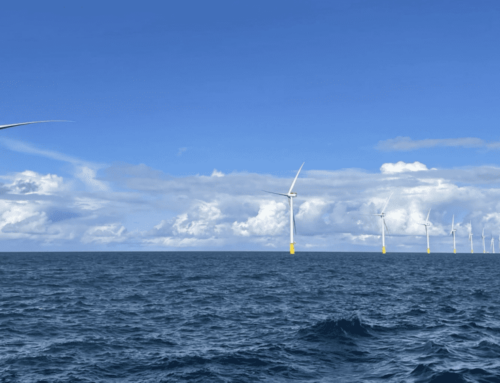How Trump’s Policy Shift Could Impact Renewable Energy Metals
November 12, 2024

Under the Biden administration, the United States made unprecedented efforts and achievements in the clean energy sector. However, with the potential return of Trump to the White House, significant shifts in U.S. climate and energy policies are expected, affecting renewable energy metals like silicon, cobalt, copper, nickel, and steel. While Trump’s administration has not yet assumed office and market trends remain uncertain, buyers of renewable energy metals should prepare for possible policy changes.
Over the past month, the Renewable Energy Monthly Metals Index (MMI) remained stable, with only a slight decrease of 0.06%.
Reviewing Biden’s Green Legacy
In 2021, Biden signed legislation promoting the development of electric vehicles and, in 2022, the Inflation Reduction Act (IRA), which strongly supported the domestic U.S. development of solar, wind, and battery technologies through various subsidies across the photovoltaic production chain. Additionally, Biden’s administration this year halted the approval of new liquefied natural gas (LNG) export facilities, further restricting fossil fuel production.
In contrast, Trump has been more supportive of traditional energy sources like oil and gas, advocating for maximizing production. He criticized the costs of the IRA before the election and promised to redirect unused funds to other areas. Despite Trump’s unfriendly policy stance, it is unlikely to significantly slow the momentum of the U.S. renewable energy sector.
Changes in Renewable Energy: Price Drivers
Copper, widely used in solar technology and wiring, plays a crucial role in electrification and grid development. As global demand continues to rise, copper prices have increased. Meanwhile, demand pressures from the energy storage and electric vehicle sectors continue to impact nickel and cobalt.
Steel plate remain foundational for wind turbine construction, with prices affected by declining demand and international trade policies. For procurement companies, understanding market drivers and ensuring price stability is essential for project planning and cost management.
Growth Drivers
Should Trump be elected, potential policy changes could include reallocating unused IRA funds, impacting the renewable energy field. Nonetheless, state policies and market demand may continue to drive growth in the renewable sector. For instance, Texas is rapidly emerging as a leader in renewable energy.
Steel, copper, nickel, and cobalt are key metals for producing solar panels, wind turbines, and other renewable energy systems. Any potential policy changes by the Trump administration could affect their demand. Wind turbine development, for example, requires significant amounts of steel. If federal funds are redirected away from renewable projects, the demand for steel plate might decrease.
The Grain Oriented Electrical Steel MMI Index fell by 12.33%. Overall, the U.S. electrical steel market experienced complex supply and demand dynamics over the past month, with demand varying by region and strong demand in the Southeast, despite recent hurricanes affecting logistics.
Search
RECENT PRESS RELEASES
Related Post




